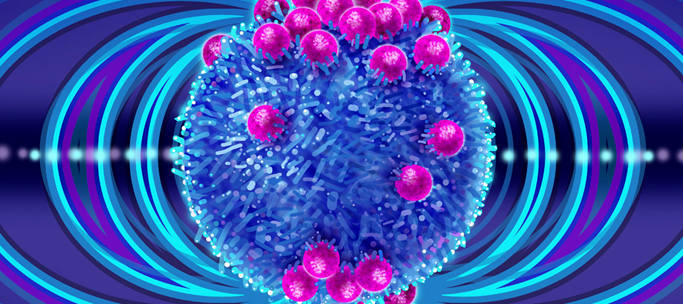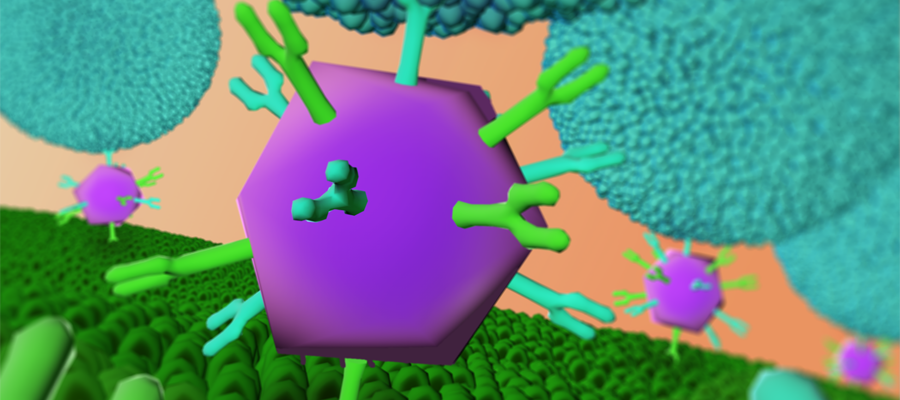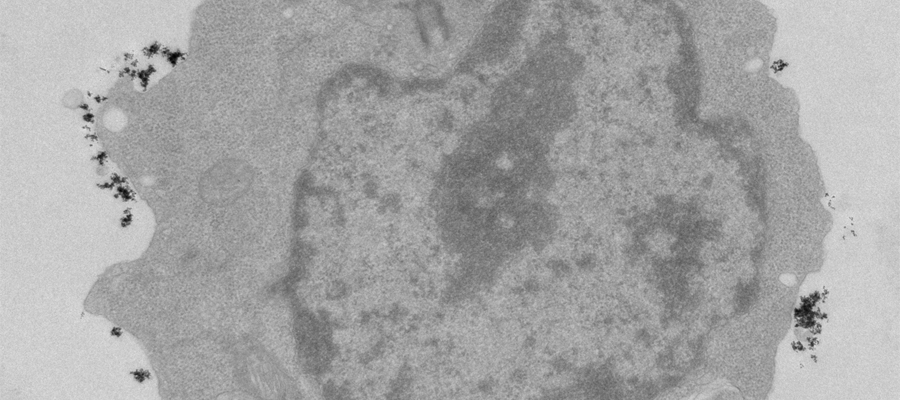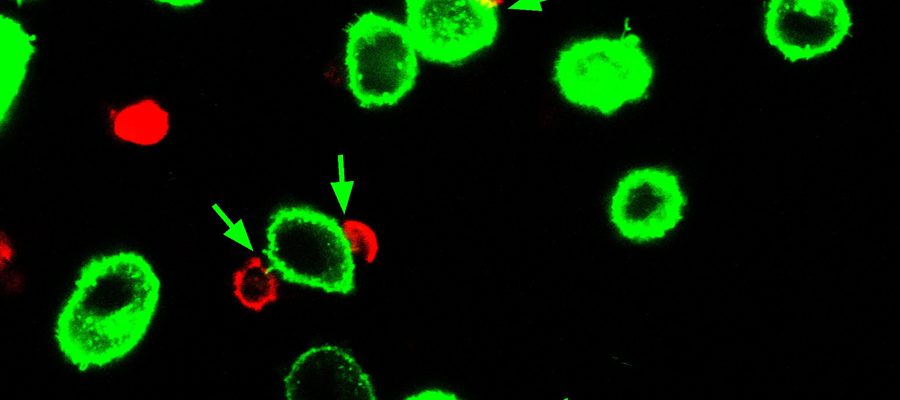Jonathan Schneck’s Immunology and Cancer Immunotherapy Laboratory
Effective immune responses are critical for control of a variety of infectious disease including bacterial, viral and protozoan infections as well as in protection from development of tumors. Central to the development of an effective immune response is the T lymphocyte which, as part of the adaptive immune system, is central in achieving sterilization and long lasting immunity. While the normal immune responses is tightly regulated there are also notable defects leading to pathological diseases. Inactivity of tumor antigen-specific T cells, either by suppression or passive ignorance allows tumors to grow and eventually actively suppress the immune response. Conversely, hyperactivation of antigen-specific T cells to self antigens is the underlying basis for many autoimmune diseases including: multiple sclerosis; arthritis; and diabetes. Secondary to their central role in a wide variety of physiologic and pathophysiologic responses my lab takes a broad-based approach to studying T cell responses.
A critical interaction that helps initiate and direct T cells is the interaction between a specific T cell receptor and a cognate antigen-Human Leukocyte Antigen (HLA) complex. To facilitate these studies we have developed novel tools including soluble versions of HLA molecules, HLA-Ig complexes, and artificial Antigen Presenting Cells, aAPC. Several of them have been patented and are currently licensed and marked by BD under the product name of DimerX. Based on these and other tools we focus on a multiscale and multidimensional, analysis of the T cell responses which enhance our insights into both the basic biology of T cells responses and ultimately leads to development of novel therapeutic approaches.
Examples of some recent and ongoing projects include:
- Immunoswitch: Dual targeting nanoparticles that redirect the anti-tumor T cell response
- Biodegradable artificial antigen presenting cells
- Mimicking APCs on the nanoscale
- Engineering artificial lymph nodes
- Analysis of neo-antigen CD8+ T cells
- Nanoparticle targeting of other immune cells to elicit long-lasting, effective anti-tumor responses.
The lab is affiliated with several of the graduate programs including: The Graduate Program in Immunology; Pathobiology Graduate Program; Cellular and Molecular Medicine and Biomedical Engineering. We are also active members in several programs including the Johns Hopkins Translational ImmunoEngineering P41 Center, the Immunobiology Program of ICE, the Institute for Cellular Engineering, and the Institute for NanoBioTechnology at JHU. For information more information and positions available please contact Jonathan Schneck.
Dr. Jonathan Schneck was recently awarded an Innovative Molecular Analysis Technologies (IMAT) grant from the National Institutes of Health/National Cancer Institutes.





